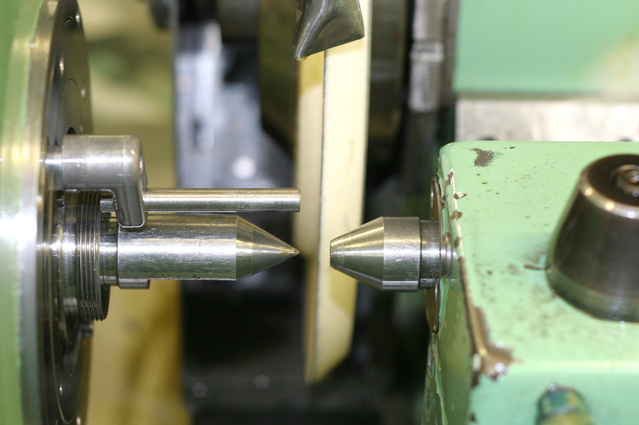 From slowing global growth hurting exports to rising production costs within the nation, despite all these challenges in China’s manufacturing industry, it remains the world’s largest market for plastics and a substantial driver for industry development. China, for example, will account for more than half of the total global increase in demand for polyethylene, the workhorse of polymer markets, through 2021, according to a January study from consulting firm IHS Markit.
From slowing global growth hurting exports to rising production costs within the nation, despite all these challenges in China’s manufacturing industry, it remains the world’s largest market for plastics and a substantial driver for industry development. China, for example, will account for more than half of the total global increase in demand for polyethylene, the workhorse of polymer markets, through 2021, according to a January study from consulting firm IHS Markit.
The economic slowdown has had an impact, of course: Germany, the biggest foreign supplier of rubber and plastics machinery to China, saw its exports drop 4 percent in 2016, in addition to a 19 percent drop in 2015. However, according to global IT consulting service companies, China remains Germany’s second-largest plastics machinery export market, following the United States, and the upgrading going on within the nation’s manufacturers and plastics industry has foreign providers scouting for opportunities.
German machinery Manufacturer KraussMaffei Group, for example, said it is “in a position” for double-digit yearly sales growth in the nation for many decades, said Xiaojun Cui, CEO of KraussMaffei China. KM was purchased last year by Beijing-based China National Chemical Corp., and KM executives at Chinaplas said being part of ChemChina provides them access to state-owned businesses which would have been more difficult to market before.
Also, demands for greater quality in the nation create opportunities for the German provider, Cui said. Cui explained that the growing middle class in China is asking for much more complex, fantastic quality goods [and] this requires better machinery to make. Businesses are competing on productivity. So the coming of the perfect automation solution can help their clients achieve superior results.
Germany’s VDMA plastics machinery trade group placed on its second annual convention on domestic 4.0 technologies for the Chinese market at Chinaplas, held May 16-19 in Guangzhou. Toni Bernards, CEO for German extrusion equipment manufacturer Battenfeld-Cincinnati Group’s operations in China, said Chinese companies are interested in how Arena 4.0 technology can enhance their productivity, but they are not as clear on particular benefits than businesses in Europe or North America.
He says that [Chinese companies] want to get it done, but at the moment they aren’t yet clear what is behind business 4.0.
China’s government-led program for industrial upgrading, known as “Made in China 2025,” calls for tripling the use of industrial robots to 150 per 10,000 workers by 2020, from 49 now. By comparison, the world average is 69 per 10,000 employees, while the United States has 176 robots per 10,000 workers, according to the Frankfurt, Germany-based International Federation of Robotics.
According to KraussMaffei CEO Frank Stieler, Chinese processors are very curious in more automation, but need help knowing how to make best use of such technologies and business computer support solutions that are seen in western countries. He explained that the number of clients they could talk to in China about the issue is smaller. But the need and the pressure in China is extremely high, due to the lack of work and the lack of qualified labor. He said, “The demand is very high, but the level of understanding to actually access the technology is not yet there.”
Chinese medical injection molder Mehow Innovation Ltd. might be a poster child for the industrial upgrading that China envisions for itself. The privately held Shenzhen-based company said favorable market conditions like growing medical equipment sales and much greater use of automation has helped it more than triple its revenue in the past five decades, while its employee headcount has just gone from 600 to 1,000. The company started a 100-person R&D Division three years ago, and is investing in a new plant in Malaysia filled with 22 expensive new German-made molding machines, as its worldwide customers want it to diversify production outside China as a hedge against risk.
Feng Yuan, director of business development, stated in an interview in Mehow’s booth at Chinaplas that there are a couple of reasons for the increase in productivity and the first one is technology and automation. He said the company is also boosting one machine’s production capacity by making much more use of expensive high-cavity molds. One week’s customer need used to take them one week, today it’s only two days. So they have real capacity to make components for other customers.
